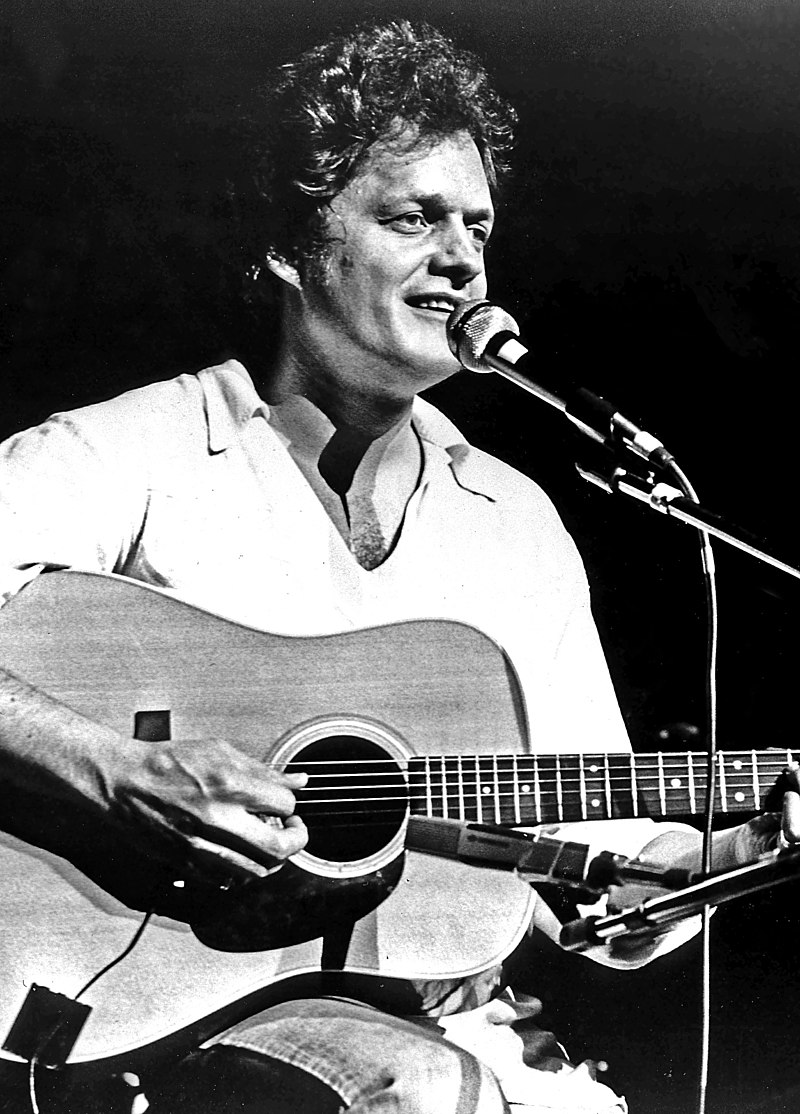Harold Forster Chapin (New York City, December 7, 1942 – East Meadow, New York, July 16, 1981) was an American singer-songwriter, philanthropist, and hunger activist best known for his folk rock and pop rock songs. He achieved worldwide success in the 1970s. Chapin, a Grammy Award-winning artist and Grammy Hall of Fame inductee, has sold over 16 million records worldwide.
Chapin recorded a total of 11 albums from 1972 until his death in 1981. All 14 singles that he released became hits on at least one national music chart. Chapin's best-known songs include "Taxi" and "Cat's in the Cradle."
Chapin's widow won a $12 million decision in a negligence lawsuit against Supermarkets General, the owners of the truck involved.
Chapin is buried in the Huntington Rural Cemetery in Huntington, New York. His epitaph is taken from his 1978 song "I Wonder What Would Happen to This World":
Oh if a man tried
To take his time on Earth
And prove before he died
What one man's life could be worth
I wonder what would happen
to this world




Sem comentários:
Enviar um comentário